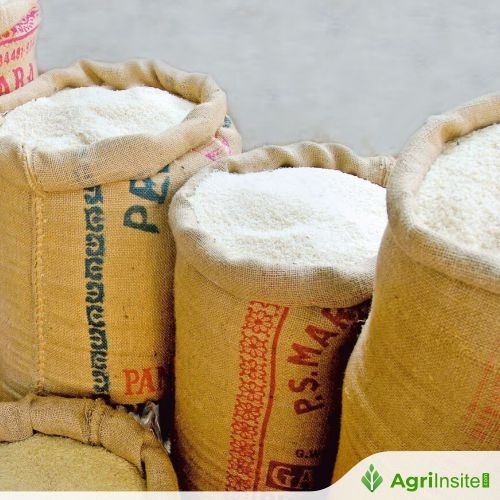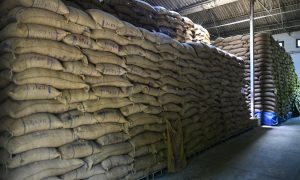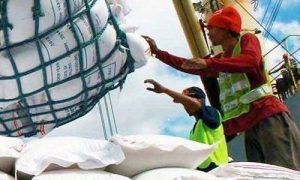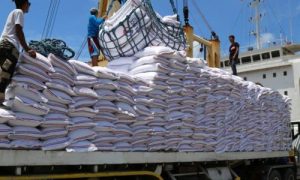India rice prices surge after Dhaka lifts duties on imports

Rice prices in eastern India jumped 14–15% after Bangladesh scrapped import duties, following India’s Aug. 12 export ban removal. Dhaka approved duty-free imports of 500,000 tonnes, driving Swarna, Miniket, Ratna, and Sona Masoori prices higher. Economists warn of inflation risks in India as traders profit from Bangladesh’s rising demand.
Rice prices in eastern India rose sharply this week after Bangladesh scrapped import duties on shipments from its neighbour, following New Delhi’s decision to lift an export ban.
India removed its ban on rice exports to Bangladesh on Aug. 12. A day later, Dhaka allowed private traders to import about 500,000 tonnes of rice duty-free to ease high inflation at home. Bangladesh had already imported 1.3 million tonnes in the current financial year due to weak domestic output, pushing retail prices up by 16%, says the Times of India.
“The Bangladesh govt approved duty-free import of 4.6 lakh tonnes of parboiled rice and 39,000 tonnes of raw rice under private allotment. This has led to a sudden spike in domestic rice price with Bengal the most affected,” said Suraj Agarwal, a commodity analyst.
In India, wholesale and retail prices climbed 14–15% within days, with West Bengal seeing the steepest rise. Prices of popular varieties rose sharply: Swarna from 34 to 39 rupees per kg, Miniket from 49 to 55, Ratna from 36–37 to 41–42, and Sona Masoori from 52 to 56.
Retailers reported that households were shifting to cheaper varieties. “Middle-class families are cutting back, and, if exports continue at this pace, local markets may see further price pressure,” said Shantanu Ghosh, a rice retailer in Behala.
Traders welcomed the move, saying it boosted demand after recent weakness in global markets. “Bangladesh’s duty-free imports will create demand and help traders recover from the recent price dip in global markets,” said Amit Singhania, a rice trader.
But concerns remain over stockpiling. “Taking advantage of the duty-free import, there will be a tendency among traders in Bangladesh to import more and hoard,” said a trade insider.
Economists cautioned that India’s domestic markets could face inflationary spillovers. “While traders benefit from higher margins in Bangladesh, rising prices in India may add to inflationary pressures at home,” said agroeconomist Mansur Ahmed.
Policy experts said New Delhi may need to weigh export controls or subsidies if consumer distress worsens, as authorities balance food security with regional trade ties.
To Read more about Rice News continue reading Agriinsite.com
Source : The Business Standard















